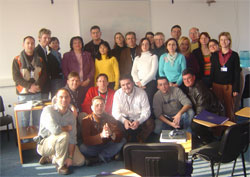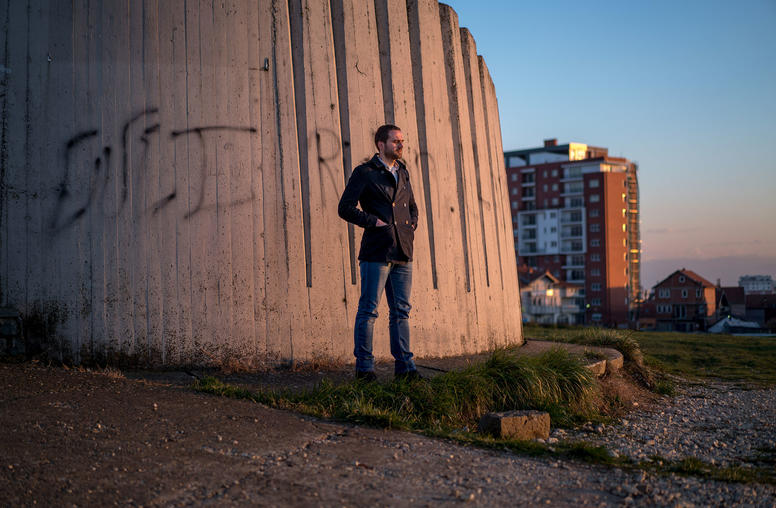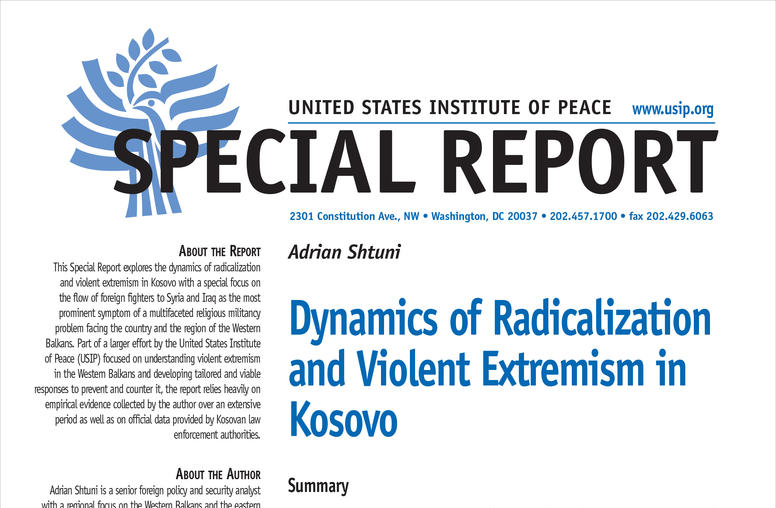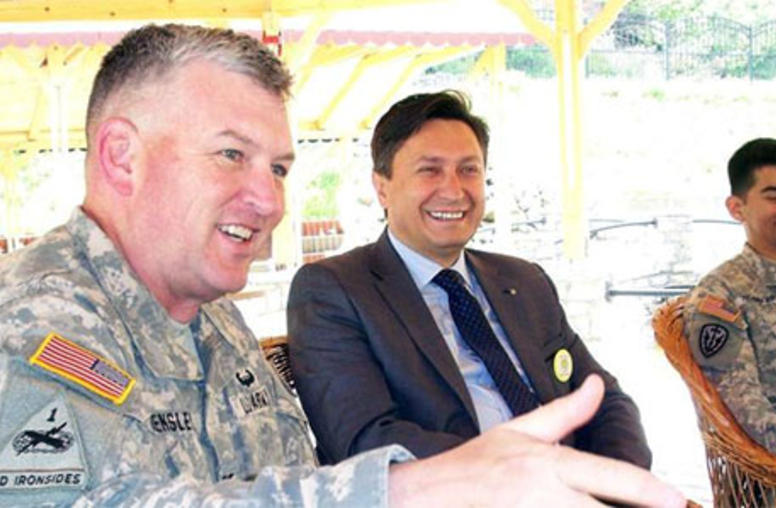With the prospect of a final status agreement for Kosovo rapidly approaching, Ted Feifer and Jonathan Morgenstein of the Professional Training program conducted the seventh negotiations and diplomatic skills training workshop for the OSCE Mission in Kosovo, in Pristina, on February 8-10, 2006.
With the prospect of a final status agreement for Kosovo rapidly approaching, Ted Feifer and Jonathan Morgenstein of the Professional Training program conducted the seventh negotiations and diplomatic skills training workshop for the OSCE Mission in Kosovo, in Pristina, on February 8-10, 2006. This workshop responded to changing staff needs as the mission restructures its field operations, implements a more pro-active monitoring of all Kosovo institutions, and reinforces its impact on the municipal level with respect to human rights, rule of law, and good governance. Workshop objectives were to strengthen participants´ negotiation, diplomatic, and third party skills in performing this monitoring role; practice problem solving in individual and group situations; and share experiences and lessons learned in the prevention, management, and resolution of conflicts.
There were 26 participants in this workshop, 15 national and 8 international members of the mission. The internationals came from Tajikistan, Germany, Bulgaria, France, Greece, and the U.S. Participants came from mission headquarters in Pristina; regional centers in Pristina, Mitrovica, Prizren, and Peja; suboffices in Lipjan and Strpce; and the Kosovo Police Service School in Vushtri.
Participants appreciated the interactive nature of the training, and the opportunity to gain new perspectives and insights on practical negotiations. Many expected to be able to apply the tools and techniques used in the workshop in dealing with future professional challenges.



